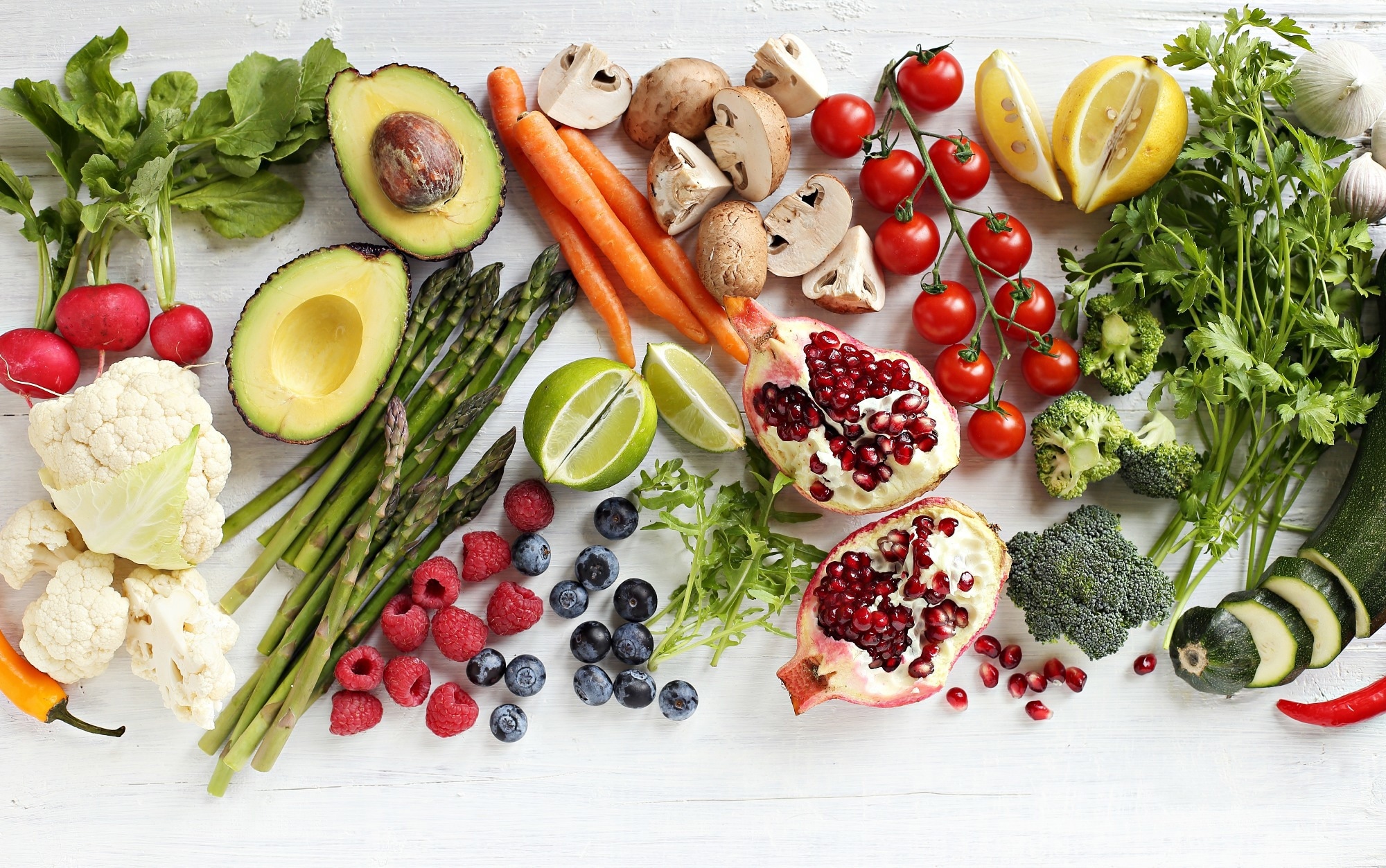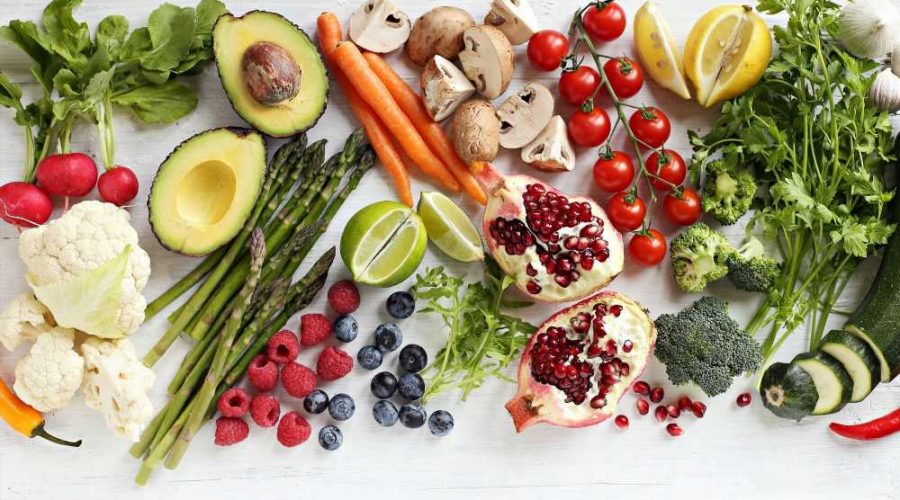Do vegetarian diets improve the cardiometabolic profile of people with or at high risk of cardiovascular diseases?
A recent study published in JAMA Network Open evaluates the role of vegetarian diets in promoting glycemic control and weight changes in the prevention and management of cardiovascular diseases (CVDs).
 Study: Vegetarian dietary patterns and cardiometabolic risk in people with or at high risk of cardiovascular disease a systematic review and meta-analysis. Image Credit: Losangela / Shutterstock.com
Study: Vegetarian dietary patterns and cardiometabolic risk in people with or at high risk of cardiovascular disease a systematic review and meta-analysis. Image Credit: Losangela / Shutterstock.com
Can CVDs be prevented?
CVDs remain the leading cause of major illness and healthcare costs globally. Although considerable advancements have been made in the development of therapeutics to treat CVDs, the implementation of preventive strategies addressing modifiable risk factors for CVDs has been limited.
In fact, previous studies indicate that most United States residents who experience a myocardial infarction had at least one suboptimal CVD risk factor prior to the event. Thus, identifying interventions that can enhance cardiometabolic profiles in high-risk individuals beyond standard therapy is crucial for CVD prevention.
A poor diet is associated with an increased risk of CVD-related mortality and morbidity. The American Heart Association dietary guidelines recommend consuming minimally processed plant foods, salmon, seafood, and low-fat dairy products.
Numerous health benefits have been attributed to vegetarian diets, which eliminate meat but include eggs and dairy products. As a result, the popularity of these diets has increased, with many diabetes organizations recommending a well-balanced vegetarian diet for preventing the metabolic complications of type 2 diabetes.
Likewise, several randomized clinical trials (RCTs) indicate that vegetarian diets may also prevent the development of CVDs in the general population. Nevertheless, the role of vegetarian diets in CVD patients or those at an increased risk of developing CVDs has not been established.
About the study
The present study involved a systematic review of studies in the Embase, MEDLINE, CINAHL, and Cochrane Central Register of Controlled Trials (CENTRAL) databases from inception until July 31, 2021. RCTs that assessed low-density lipoprotein cholesterol (LDL-C), hemoglobin A1c (HbA1C), or systolic blood pressure (SBP) levels in adult individuals who had or were at an increased risk of developing CVD were included in the analysis.
The primary outcomes of the review included mean differences in LDL-C, HbA1c, and SBP levels before and after the intervention, whereas secondary outcomes included changes in body weight and caloric intake.
Study findings
The researchers reviewed a total of 29 studies which comprised 1,878 individuals between 1990 and 2021. The most prescribed diets were vegan, lacto-ovo-vegetarian, and lacto-vegetarian diets, with energy restrictions frequently prescribed to facilitate weight loss.
Of the 19 studies that specifically examined LDL-C levels, a vegetarian diet was associated with significantly reducing LDL-C levels by 6.6 mg/dL in a mean of six months of intervention as compared to standard treatment. A lacto-ovo vegetarian diet was associated with the greatest reduction in LDL-C levels when accompanied by restricted energy intake.
Likewise, vegetarian diets were associated with reduced HbA1C levels by 0.24% within six months of initiating the dietary intervention. Notably, this reduction was observed in individuals following a vegan diet without caloric restrictions.
None of the reviewed studies found that vegetarian diets significantly reduced SBP levels. This indicates that, regardless of whether animal products are consumed or not, diet quality has a crucial role in reducing blood pressure levels.
Body weight decreased by 3.4 kg in a mean of six months after beginning a vegetarian diet, with the greatest reduction observed in high risk patients and type 2 diabetics.
In many of the studies included in this review, a majority of patients took medications to manage hypertension, hyperglycemia, and/or dyslipidemia. Notably, eight of these RCTs reported that patients were able to reduce the dose of their medication after dietary intervention. Nevertheless, the cardiometabolic effects of vegetarian diets may not be reflected in the results of these studies.
Various mechanisms may contribute to the health effects of vegetarian diets, including a reduced intake of saturated fats, L-carnitine, and choline, both of which are precursor molecules that are actively involved in the development of atherosclerosis, as well as branch-chain amino acids that contribute to insulin resistance and platelet activation.
Conclusions
In CVD patients, vegetarian diets have been shown to have a modest but significant impact on reducing multiple key risk factors associated with CVDs, including LDL-C, HbA1c, and body weight. Additional nutrition clinical trials with complete dietary information are needed to evaluate the benefits of high-quality vegetarian meals and effective pharmacological therapies in CVD patients.
- Wang, T., Kroeger, C. M., Cassidy, S., et al. (2023). Vegetarian dietary patterns and cardiometabolic risk in people with or at high risk of cardiovascular disease a systematic review and meta-analysis. JAMA Network Open 6(7). doi:10.1001/jamanetworkopen.2023.25658 https://jamanetwork.com/journals/jamanetworkopen/fullarticle/2807597
Posted in: Medical Science News | Medical Research News | Medical Condition News
Tags: Atherosclerosis, Blood, Blood Pressure, Cardiometabolic, Cardiovascular Disease, Cholesterol, Diabetes, Diet, Dyslipidemia, Healthcare, Heart, Hemoglobin, Hyperglycemia, Insulin, Insulin Resistance, Lipoprotein, Meat, Mortality, Myocardial Infarction, Nutrition, Platelet, Saturated Fats, Therapeutics, Type 2 Diabetes, Vegan, Vegetarian, Weight Loss

Written by
Susha Cheriyedath
Susha has a Bachelor of Science (B.Sc.) degree in Chemistry and Master of Science (M.Sc) degree in Biochemistry from the University of Calicut, India. She always had a keen interest in medical and health science. As part of her masters degree, she specialized in Biochemistry, with an emphasis on Microbiology, Physiology, Biotechnology, and Nutrition. In her spare time, she loves to cook up a storm in the kitchen with her super-messy baking experiments.
